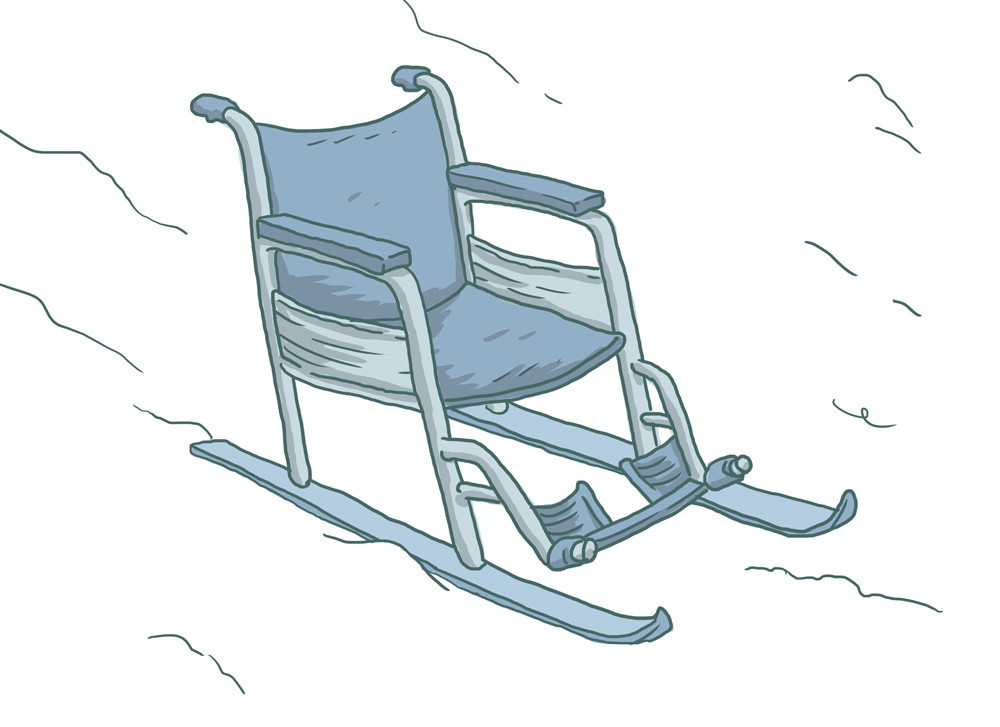Winterizing ability
How a Winnipeg winter affects accessibility
Winter in Winnipeg is upon us. The mercury has plummeted and the snow has started falling. Buses have filled as people trade their walking shoes and bike helmets for bus passes (except for the winter cyclists, whose grit puts us all to shame). In the true Winnipeg way, conversations have started to begin with a brief synopsis of the long-range forecast. Such is winter.
Like most people, I felt a familiar mix of excitement and dread as the first snowflakes fell. The childlike excitement always comes from the possibilities of skating on the river trail, watching the city light up at night with holiday decorations and drinking hot chocolate from the safety of the indoors. The dread, often longer lasting, comes from the inevitable cases of frostbite and fender-benders that many of us will experience this upcoming season.
As of late, I have realised that my initial excitement at the advent of winter is not a universal experience. I am not talking about those who relish in hating winter, but rather people with physical disabilities. As an able-bodied person, I experience privilege (the term able-bodied in and of itself suggests how far we have to go in improving accessibility. Do people with physical disabilities not still have bodies that are able to do many things?).
That privilege is heightened in the winter months. I am not subject to annoyed groans and rolling eyes when I catch a crowded bus. I am not forced to modify my day because of awkward and unreliable Handi-Transit schedules nor am I tasked with finding safe and accessible taxis, which is no simple feat. I am not housebound because of sidewalks that remain impassable for weeks. I am not put in danger for months on end because of snow piles from street clearing that make wheelchair users nearly invisible to drivers.
Recently, I saw an unpleasant altercation between a bus driver and a passenger using a wheelchair. In the name of safety, the driver not only attempted to badger the passenger into changing seats on a nearly empty bus, but also called in a transit official to intervene. The official affirmed that the passenger was within their rights, but violated the passenger’s personal autonomy by attempting to move their wheelchair without consent. This is all to say that harsh weather undoubtedly creates challenges to achieving universal accessibility, but it should not be an excuse for mindlessness. Sidewalks do need to be cleared in our sprawling city, but attitudes also need to change.
As a city and as people, we need to do better.
Robyn Otto is a German major with mild caffeine and major pug addictions.
Published in Volume 69, Number 13 of The Uniter (November 26, 2014)







